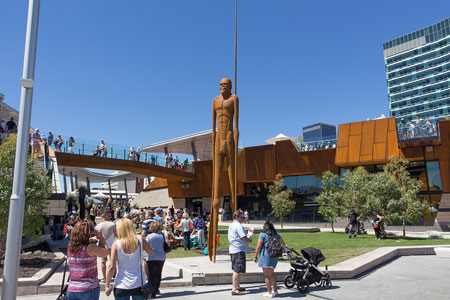Perth Translation Services » Biomedical Engineering Translation » Urdu Translator
Urdu Biomedical Engineering Translation
Perth Translation provide English <> Urdu document translation services for health and medical research, getting the research out of the laboratory and into the marketplace. Through multilingual translations, we support the development of biomedical ventures in Australia to achieve significant national health and economic outcomes.
Only Urdu translators with the experience and background in translating for medicine, biology and engineering subjects are able to provide for accurate and reliable biomedical engineering translations.
Upload documents for translation
Professional Urdu Translator

Perth Translation provides professional Urdu <> English translation services. You can use the form on this page to upload multiple files for a confirm quote and delivery time. Our Urdu translator is ready to assist with your translation project.

Biomedical Engineering Translations For All Major Languages
- Arabic biomedical engineering translation
- Chinese biomedical engineering translation
- Croatian biomedical engineering translation
- Czech biomedical engineering translation
- Estonian biomedical engineering translation
- Dutch biomedical engineering translation
- Finnish biomedical engineering translation
- French biomedical engineering translation
- German biomedical engineering translation
- Greek biomedical engineering translation
- Hindi biomedical engineering translation
- Hungarian biomedical engineering translation
- Indonesian biomedical engineering translation
- Italian biomedical engineering translation
- Japanese biomedical engineering translation
- Korean biomedical engineering translation
- Malay biomedical engineering translation
- Norwegian biomedical engineering translation
- Persian biomedical engineering translation
- Polish biomedical engineering translation
- Portuguese biomedical engineering translation
- Punjabi biomedical engineering translation
- Russian biomedical engineering translation
- Serbian biomedical engineering translation
- Slovak biomedical engineering translation
- Spanish biomedical engineering translation
- Swedish biomedical engineering translation
- Tagalog biomedical engineering translation
- Thai biomedical engineering translation
- Turkish biomedical engineering translation
- Ukrainian biomedical engineering translation
- Urdu biomedical engineering translation
- Vietnamese biomedical engineering translation
About the Urdu Language
The origin of the Urdu language is the Mughal Empire's word for army, Urdu. However, contrary to popular belief, Urdu was not created in the army camps of the Mughal Army. Urdu is spoken the same as present-day Hindi, but Hindi uses the traditional Devanagari script (a decedent of Sanskrit), whereas Urdu uses the Persio-Arabic alphabet.
The poet Ghulam Hamadani Mushafi coined the term Urdu for this language in 1780. However, this began to alienate the two major cultures in India/Pakistan, the Muslims and Hindus. Hindus began to speak and write Hindi, whereas Muslims would begin to speak Urdu.
In Pakistan, Urdu is mostly learned as a second or a third language as nearly 93% of Pakistan's population has a native language other than Urdu. Despite this, Urdu was chosen as a token of unity and as a lingua franca so as not to give any native Pakistani language preference over the other. Urdu is therefore spoken and understood by the vast majority in some form or another, including a majority of urban dwellers in such cities as Karachi, Lahore, Okara District, Sialkot, Rawalpindi, Islamabad, Multan, Faisalabad, Hyderabad, Peshawar, Quetta, Jhang, Sargodha and Skardu. It is written, spoken and used in all provinces/territories of Pakistan although the people from differing provinces may have different indigenous languages, as from the fact that it is the "base language" of the country. For this reason, it is also taught as a compulsory subject up to higher secondary school in both English and Urdu medium school systems. This has produced millions of Urdu speakers from people whose native language is one of the other languages of Pakistan, who can read and write only Urdu. It is absorbing many words from the regional languages of Pakistan.
Although most of the population is conversant in Urdu, it is the first language of only an estimated 7% of the population who are mainly Muslim immigrants (known as Muhajir in Pakistan) from different parts of South Asia. The regional languages are also being influenced by Urdu vocabulary. There are millions of Pakistanis whose native language is not Urdu, but because they have studied in Urdu medium schools, they can read and write Urdu along with their native language. Most of the nearly five million Afghan refugees of different ethnic origins (such as Pashtun, Tajik, Uzbek, Hazarvi, and Turkmen) who stayed in Pakistan for over twenty-five years have also become fluent in Urdu. With such a large number of people(s) speaking Urdu, the language has acquired a peculiar Pakistani flavour further distinguishing it from the Urdu spoken by native speakers and diversifying the language even further.

